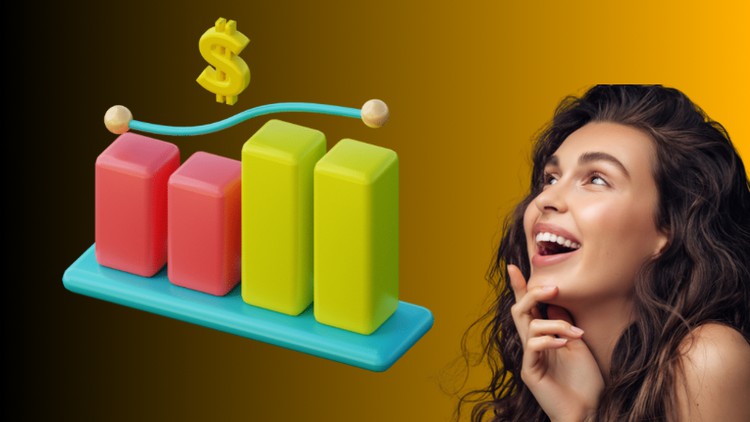Sales And Marketing Psychology - Sell Anything To Anyone
- Description
- Curriculum
- FAQ
- Reviews
Selling is a skill that can be learned, developed, and mastered. This course will set you down the path to increased sales, higher levels of confidence, and more motivation as you approach prospective clients of your products or services in the marketplace. You Will:
-
Understand cognitive biases and tendencies of your customers
-
Understand The True, Deep-Down Needs of Your Potential Customer
-
Learn How To Talk So That People Buy
-
Bypass Common Excuses & Close The Deal
-
Back Your Confidence In This Proven Sales Technique
Why should people care about what you’re selling? How is your product or service providing value to them? Pay attention to what’s driving your potential client to take your meeting in the first place and address that in your pitch. In this course, you will learn about the psychology of your customer. This will help you understand their judgements, misjudgements, behaviour, and help you prepare your pitch or strategy, that sells.
This course is meant for anyone who has a service, idea, or product to sell to the public. More specifically, this is a course for those not satisfied with their current levels of production or income. This course will benefit anyone required to interact with people whether it is face to face, over the phone, or over the internet.
Participants will be introduced to the field of marketing psychology and will learn tools, practice, and applied strategies that support personal, organizational, and community productivity, performance, as well as well-being. Participants are taught how to apply marketing psychology in practice, as well as in other settings.
-
5Scarcity BiasVideo lesson
-
6More On ScarcityText lesson
-
7Rewards BiasVideo lesson
-
8More On RewardsText lesson
-
9Liking & Loving BiasVideo lesson
The decisions that we make are rarely impartial. Most of us already know that we prefer to take advice from people that we like. We also tend to more easily agree with opinions formed by people we like. The tendency to judge in favor of people and symbols we like is called the bias from liking or loving.
We are more likely to ignore faults and comply with wishes of our friends or lovers rather than random strangers. We favor people, products, and actions associated with our favorite celebrities. Sometimes we even distort facts to facilitate love. The influence that our friends, parents, lovers, and idols exert on us can be enormous.
In general, this is a good thing, a bias that adds on balance rather than subtracts. It helps us form successful relationships, it helps us fall in love (and stay in love), it helps us form attachments with others that give us great happiness.
But we do want to be aware of where this tendency leads us awry.
For example, some people and companies have learned to use this influence to their advantage.
In his bestseller on social psychology Influence, Robert Cialdini tells a story about the successful strategy of Tupperware, which at the time reported sales of over $2.5 million a day.
-
10More On LikingText lesson
-
11Contrast Misreaction BiasVideo lesson
Contrast Misreaction Tendency is routinely used to cause disadvantge for a customer, making an ordinary price seem low, a vendor will very frequently create a highly artificial price that is much higher than the price always sought, then advertise the standard price as a big reduction from his phony price.
-
12Reciprocation BiasVideo lesson
-
13Inconsistency Avoidance BiasVideo lesson
We rarely do things that are inconsistent with our identity, beliefs, and habits. To save energy, we are often reluctant to change our habits, especially bad ones. Such bad habits include biased thinking patterns. These patterns lead to cognitive errors, limiting our choice of actions in life.
-
14Motivational ConflictsVideo lesson
-
15Doubt Avoidance BiasVideo lesson

External Links May Contain Affiliate Links read more





